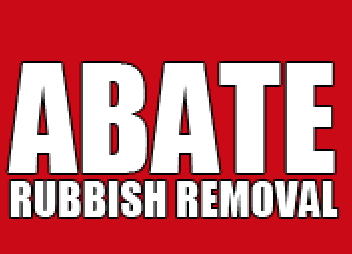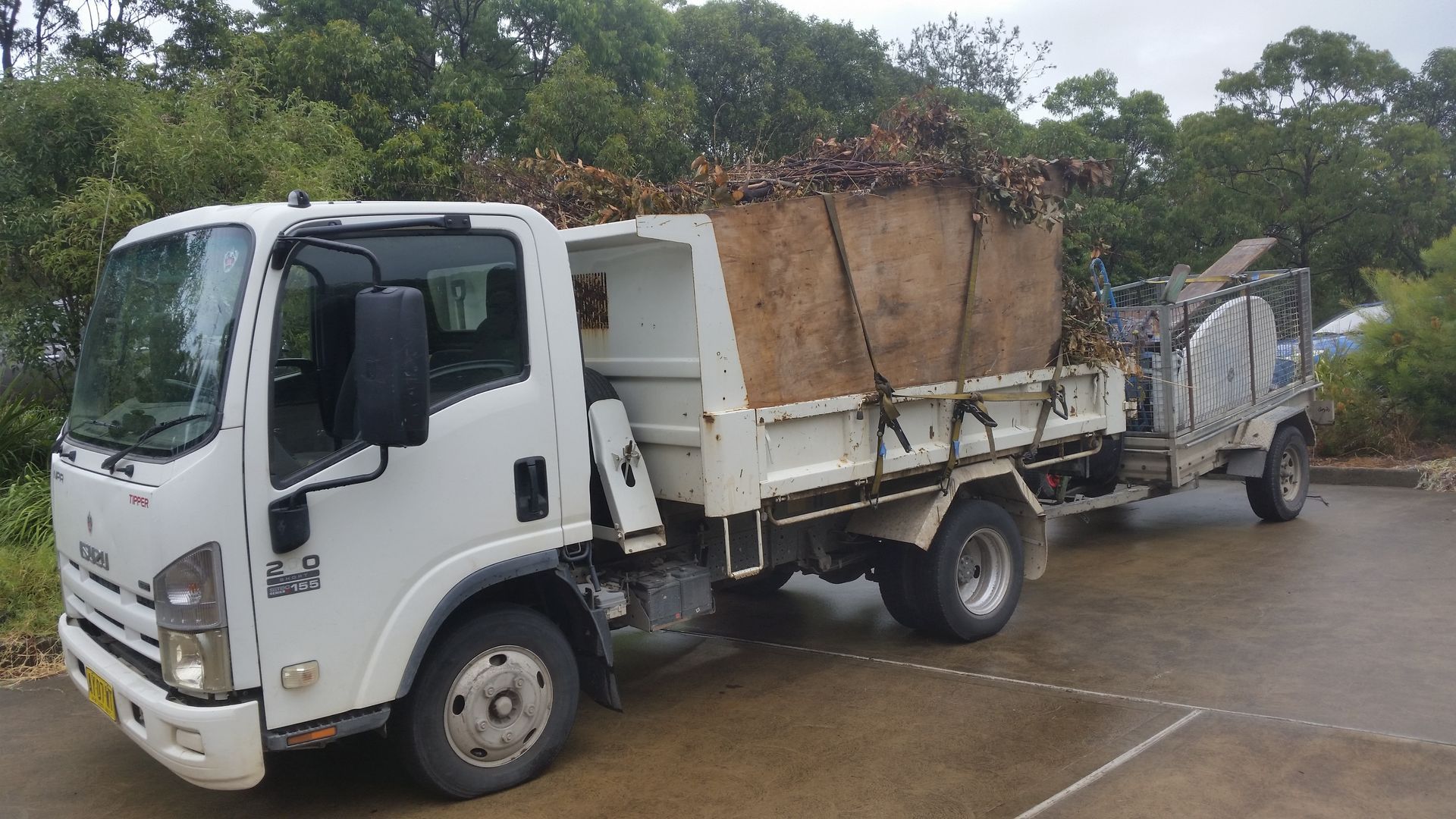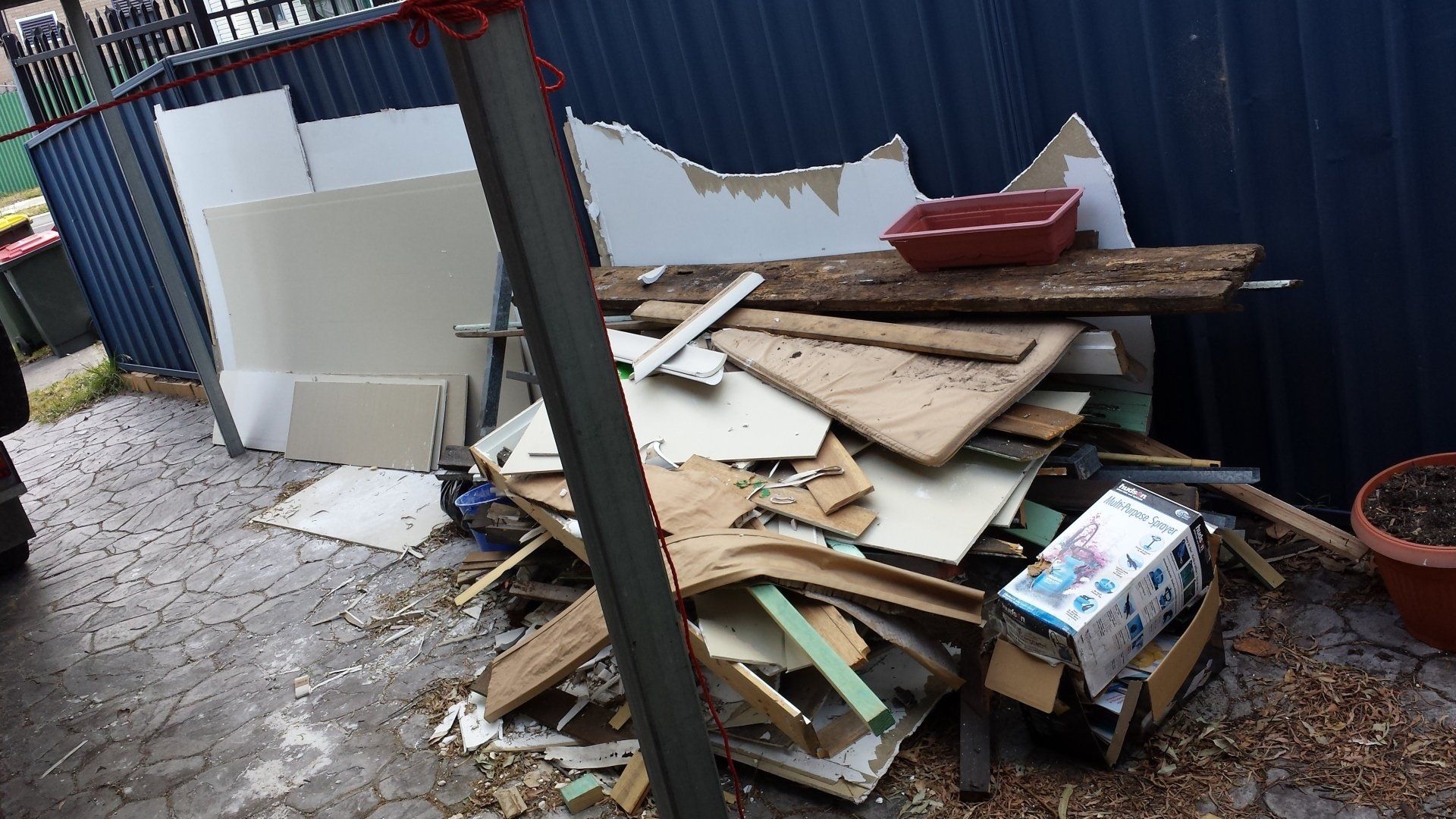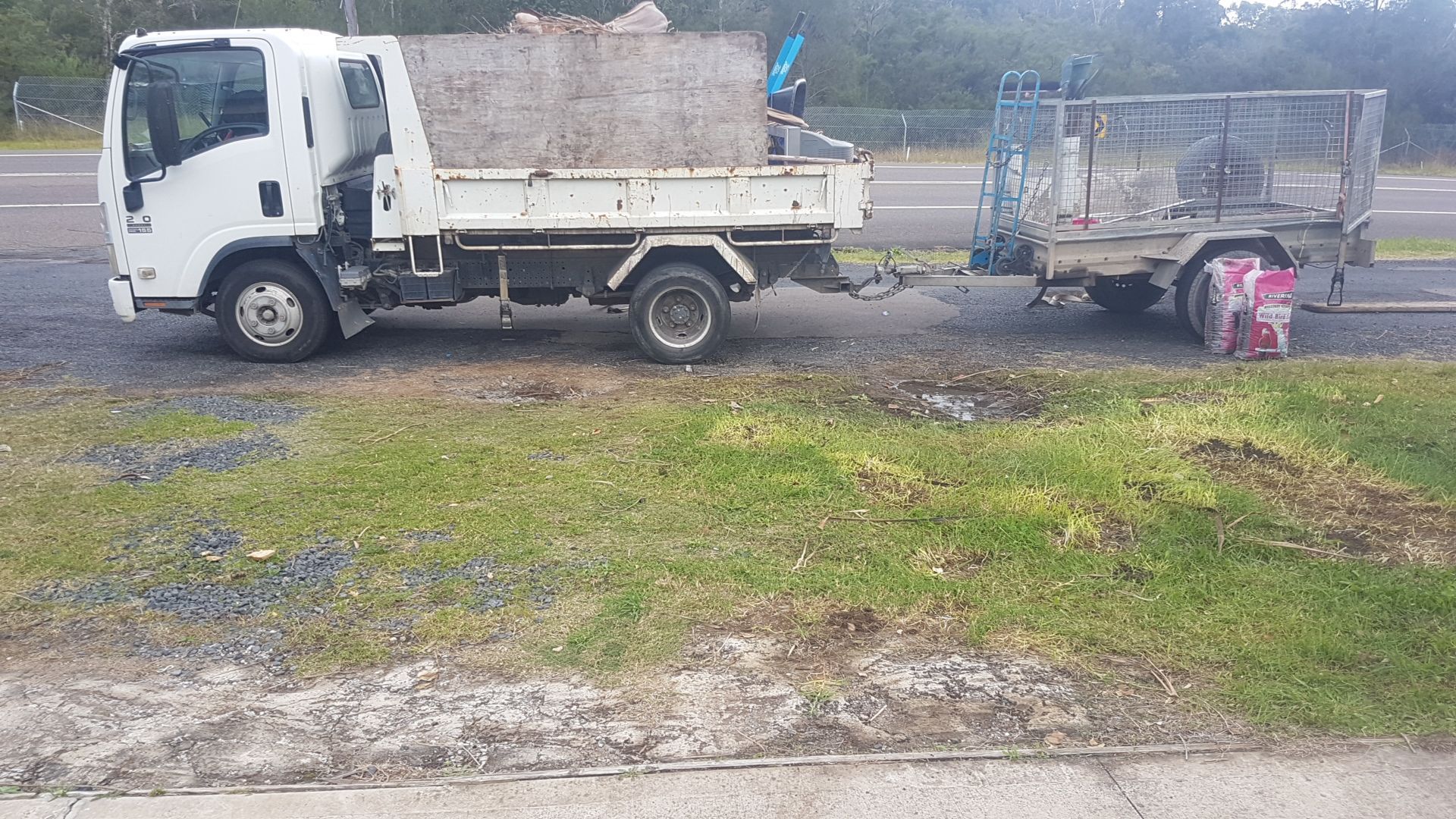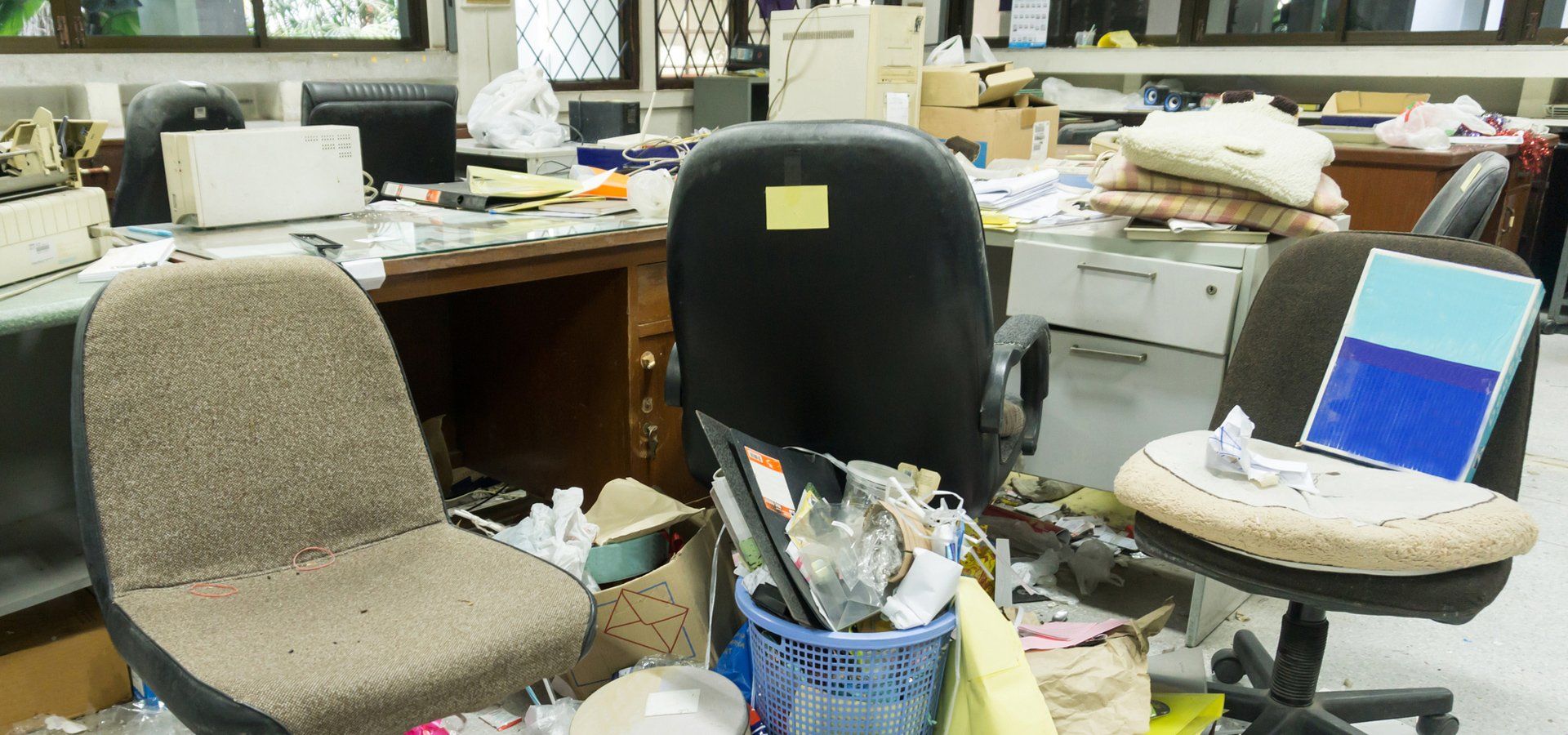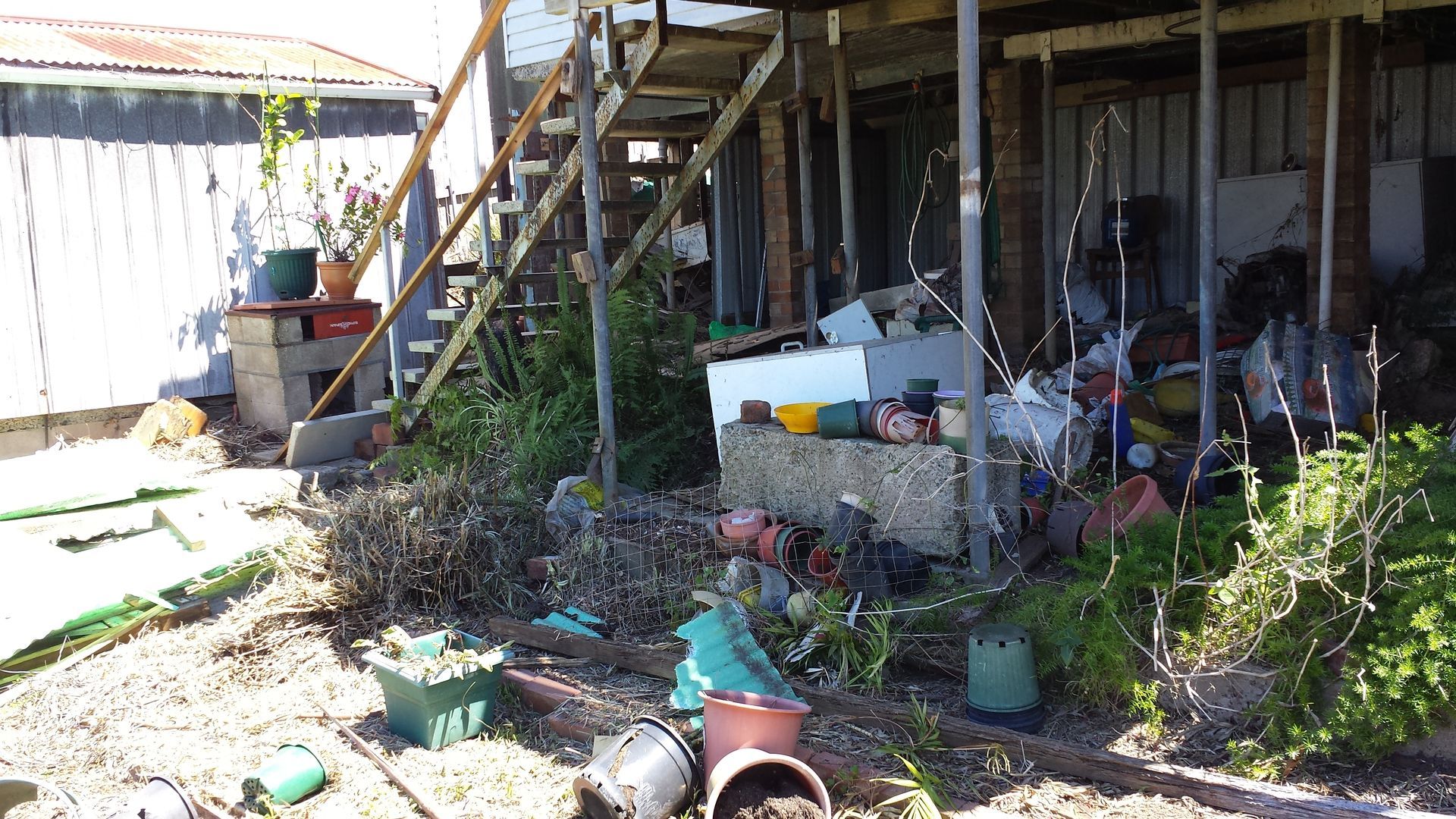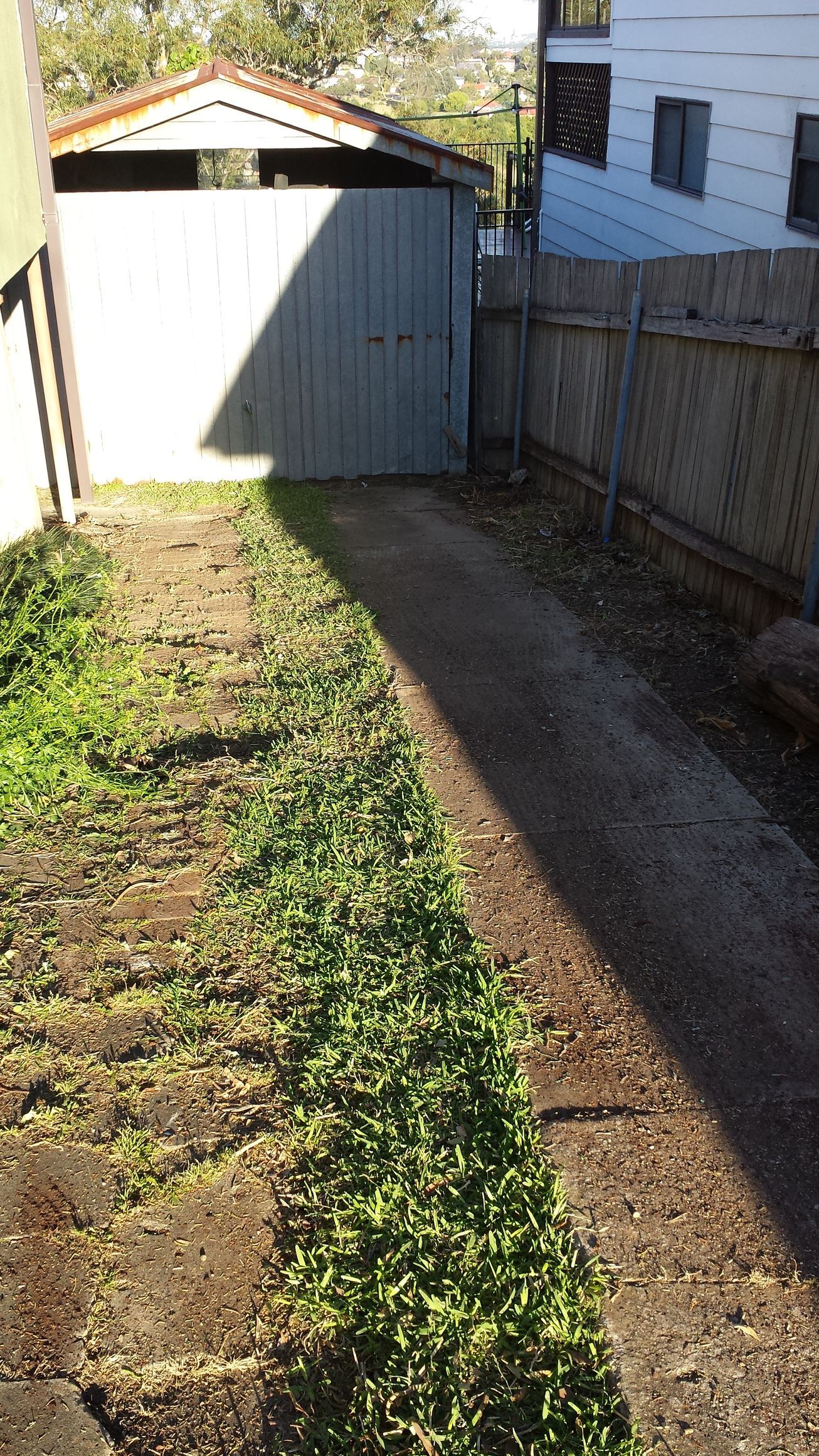How to Effectively Manage Commercial Waste Disposal: Best Practices
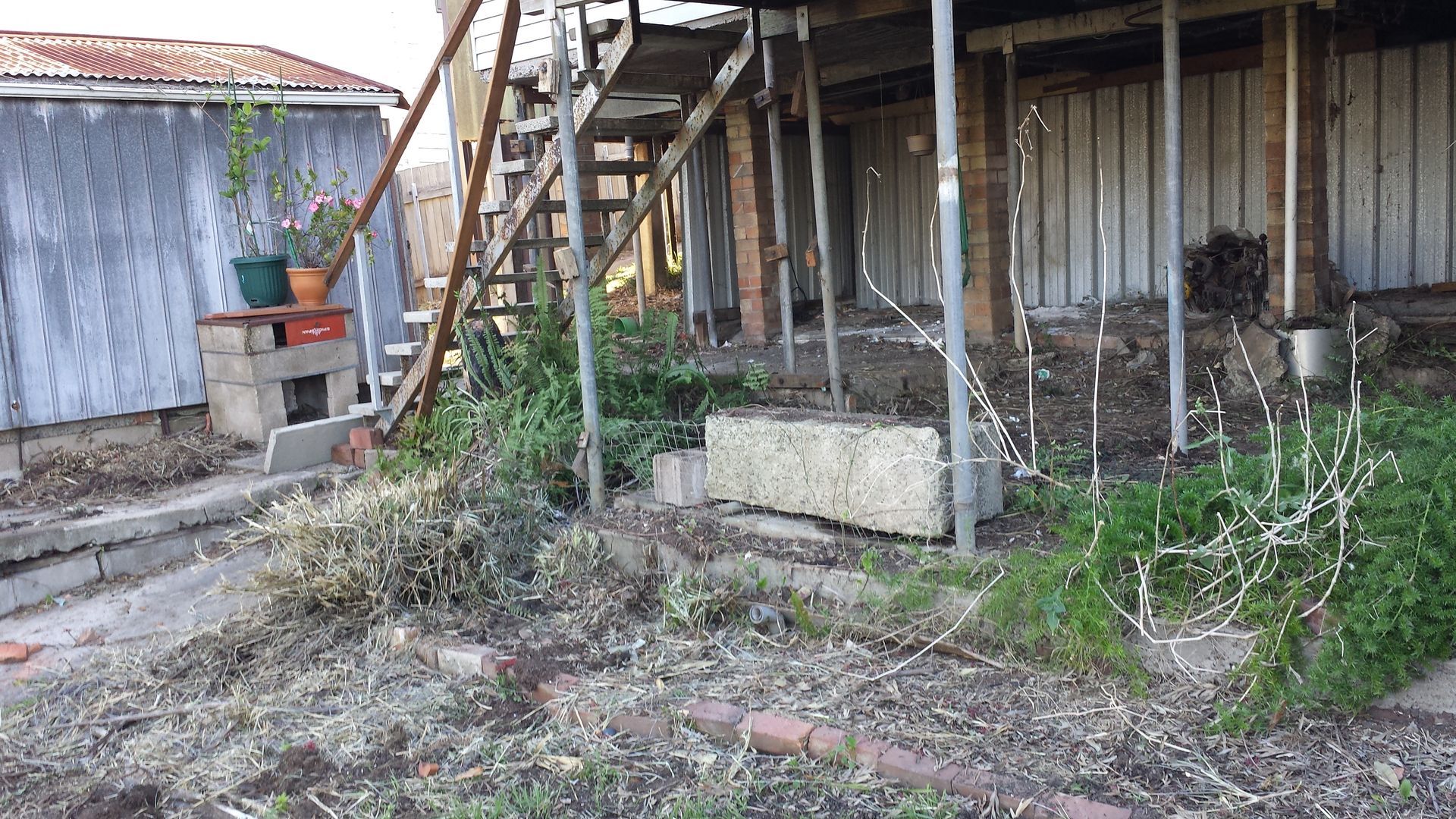
Effective management of commercial waste disposal is essential for businesses of all sizes. It not only ensures a clean and safe working environment but also helps in maintaining regulatory compliance and promoting sustainability. Whether you run a bustling office, manage a retail store, or oversee a construction site, understanding the best practices for commercial waste removal is essential.
Here, we'll explore practical strategies and tips to help you manage commercial waste disposal effectively.
The Importance of Proper Commercial Waste Management
Effective commercial waste management is vital for several reasons. A clean and clutter-free environment enhances productivity, minimises health hazards, and contributes to a positive corporate image. Additionally, it helps businesses comply with local regulations, avoiding potential fines and legal issues.
Statistics show that businesses in Australia generate over 12.5 million tonnes of commercial and industrial waste annually. This staggering figure highlights the need for efficient waste management practices. By implementing best practices, businesses can significantly reduce their environmental footprint and operational costs.
Assessing Your Commercial Waste Needs
The first step in managing commercial waste disposal is to assess your specific needs. Different businesses generate various types of waste, and understanding your waste stream is vital for developing an effective disposal plan. Here are some key considerations:
- Type of Waste: Identify the types of waste your business generates, such as paper, cardboard, plastics, metals, organic waste, and hazardous materials.
- Volume of Waste: Determine the quantity of waste produced daily, weekly, or monthly to plan for appropriate disposal services.
- Storage Requirements: Assess the storage space available for waste collection before disposal.
Implementing a Waste Segregation System
A well-structured waste segregation system is fundamental to effective commercial waste disposal. Segregating waste at the source ensures that recyclable materials are properly processed, reducing the amount of waste sent to landfills.
Here are some tips for implementing an efficient waste segregation system:
- Colour-Coded Bins: Use colour-coded bins for different types of waste, such as blue for paper, green for organic waste, and yellow for plastics.
- Clear Labelling: Clearly label bins to avoid confusion and ensure proper segregation.
- Employee Training: Educate employees about the importance of waste segregation and provide training on how to use the system correctly.
Partnering with Professional Commercial Waste Services
Engaging professional commercial waste services is one of the best ways to ensure efficient and compliant waste disposal. Companies like Abate Rubbish Removal offer comprehensive commercial waste removal solutions tailored to meet your business needs. Here’s why partnering with professionals is beneficial:
- Expertise and Experience: Professional waste disposal companies have the expertise and experience to handle various types of commercial waste safely and efficiently.
- Regulatory Compliance: They ensure that your waste is disposed of in compliance with local regulations, helping you avoid potential fines and legal issues.
- Eco-Friendly Practices: Many waste removal services prioritize recycling and environmentally friendly disposal methods, contributing to your sustainability goals.
- Convenience: Outsourcing waste disposal allows you to focus on your core business activities without worrying about waste management.
Optimising Waste Collection Schedules
An optimised waste collection schedule is essential for maintaining a clean and efficient workspace. Here are some tips for planning your waste collection:
- Regular Pickups: Schedule regular waste pickups to prevent accumulation and maintain a clean environment.
- Flexible Services: Choose a waste disposal service that offers flexible scheduling to accommodate your business needs.
- Seasonal Adjustments: Adjust your waste collection schedule based on seasonal variations in waste generation.
Reducing Waste Generation
One of the most effective ways to manage commercial waste disposal is to reduce the amount of waste generated in the first place. Here are some strategies to help you achieve this:
- Implement Recycling Programs: Encourage recycling within your organisation by providing recycling bins and educating employees on recyclable materials.
- Promote Reusables: Use reusable items instead of disposable ones whenever possible. For example, opt for reusable coffee cups, water bottles, and office supplies.
- Source Reduction: Evaluate your procurement processes to reduce unnecessary packaging and materials. Source products that generate less waste.
Managing Hazardous Waste
Proper disposal of hazardous waste is critical to avoid environmental contamination and health risks. Here are some best practices for managing hazardous waste:
- Identify Hazardous Materials: Ensure you accurately identify and classify hazardous waste generated by your business.
- Safe Storage: Store hazardous waste in appropriate containers and ensure they are clearly labelled.
- Compliance: Follow local regulations and guidelines for the disposal of hazardous waste.
- Professional Disposal: Engage professional waste disposal services experienced in handling hazardous materials to ensure safe and compliant disposal.
Leveraging Technology for Waste Management
Advancements in technology have revolutionised waste management practices, making it easier for businesses to manage commercial waste disposal efficiently. Here are some technological solutions to consider:
- Waste Tracking Systems: Implement waste tracking systems to monitor waste generation, collection, and disposal processes. These systems provide valuable data for optimising waste management practices.
- Smart Bins: Use smart bins equipped with sensors to monitor fill levels and schedule timely pickups, reducing the risk of overflow and contamination.
- Recycling Apps: Utilise recycling apps to educate employees about recyclable materials and provide information on local recycling facilities.
The Role of Employees in Waste Management
Employees play a critical role in the success of your waste management initiatives. Here’s how to involve them effectively:
- Training and Education: Provide regular training sessions to educate employees about waste segregation, recycling, and the importance of sustainable practices.
- Incentive Programs: Implement incentive programs to encourage employees to participate in waste reduction and recycling efforts.
- Feedback Mechanisms: Establish feedback mechanisms to gather employee input and suggestions for improving waste management practices.
Effective management of commercial waste disposal is essential for maintaining a clean, safe, and sustainable business environment. By assessing your waste needs, implementing a waste segregation system, partnering with professional waste services, and leveraging technology, you can significantly improve your waste management practices. Additionally, reducing waste generation and involving employees in your initiatives will contribute to a more efficient and eco-friendly workplace.
For businesses looking to streamline their waste disposal processes, Abate Rubbish Removal offers comprehensive
commercial waste services tailored to meet your needs. With their expertise and commitment to sustainability, you can ensure that your commercial waste removal is handled efficiently and responsibly.
Ready to improve your waste management practices? Contact Abate Rubbish Removal today to learn more about our commercial waste services and how we can help you achieve a cleaner, greener, and more efficient workspace.
Related Content

